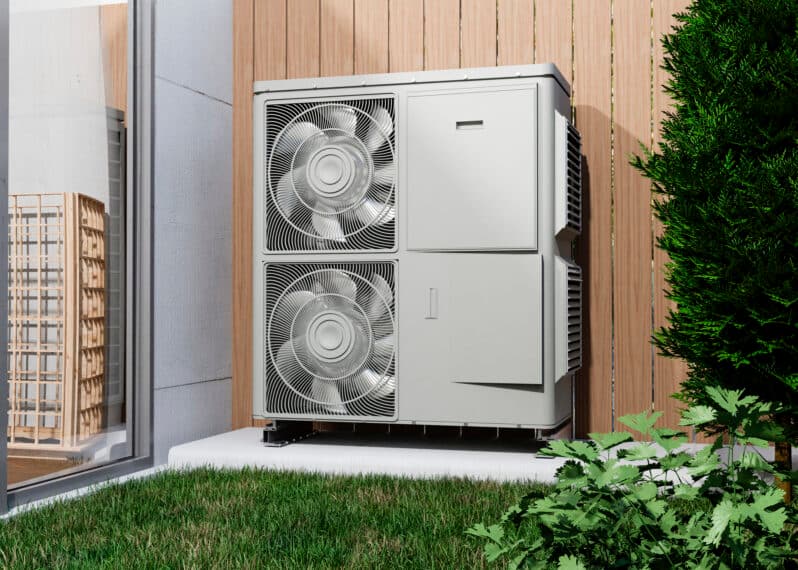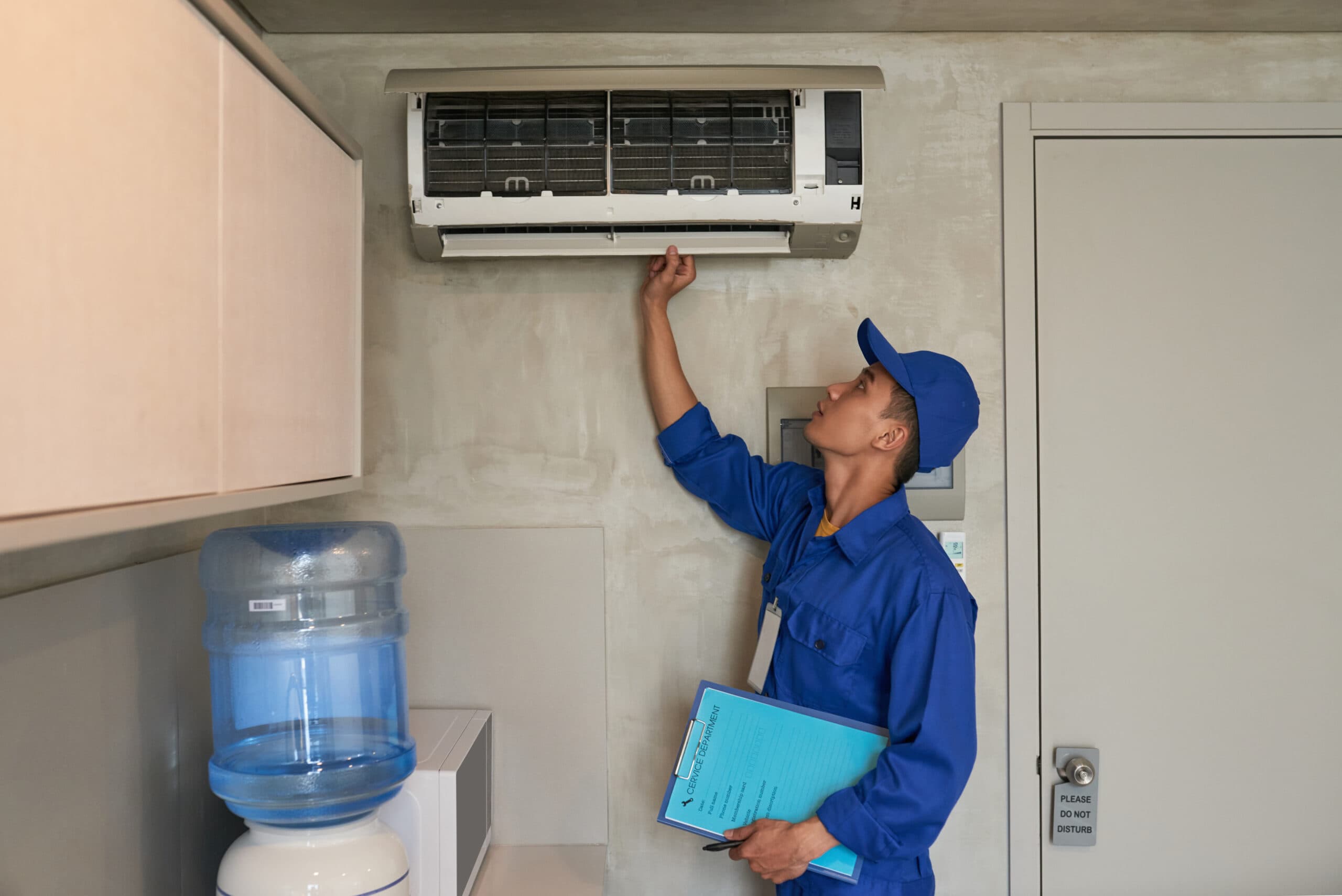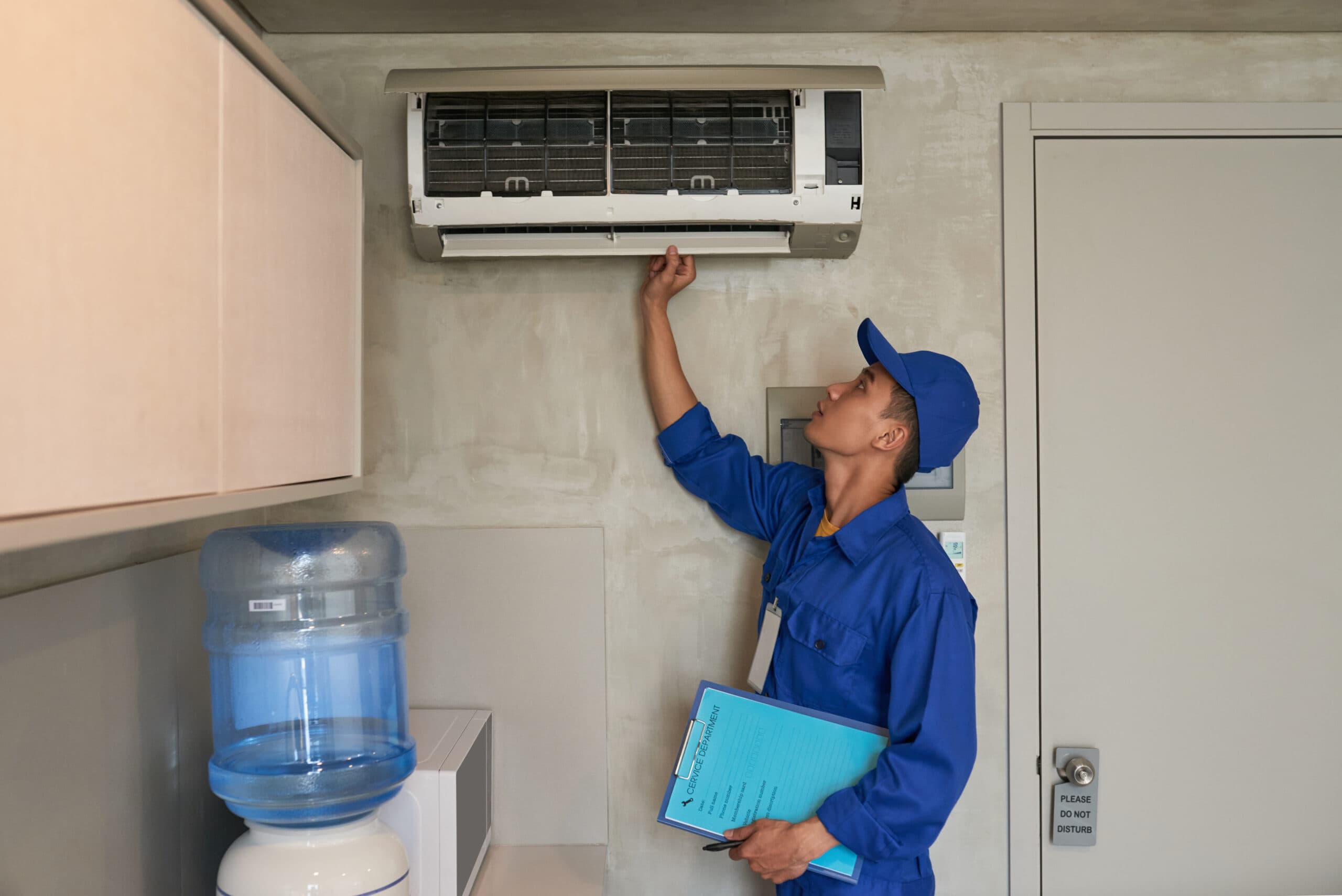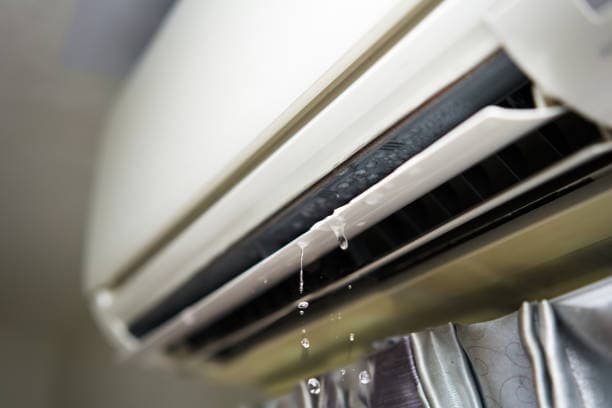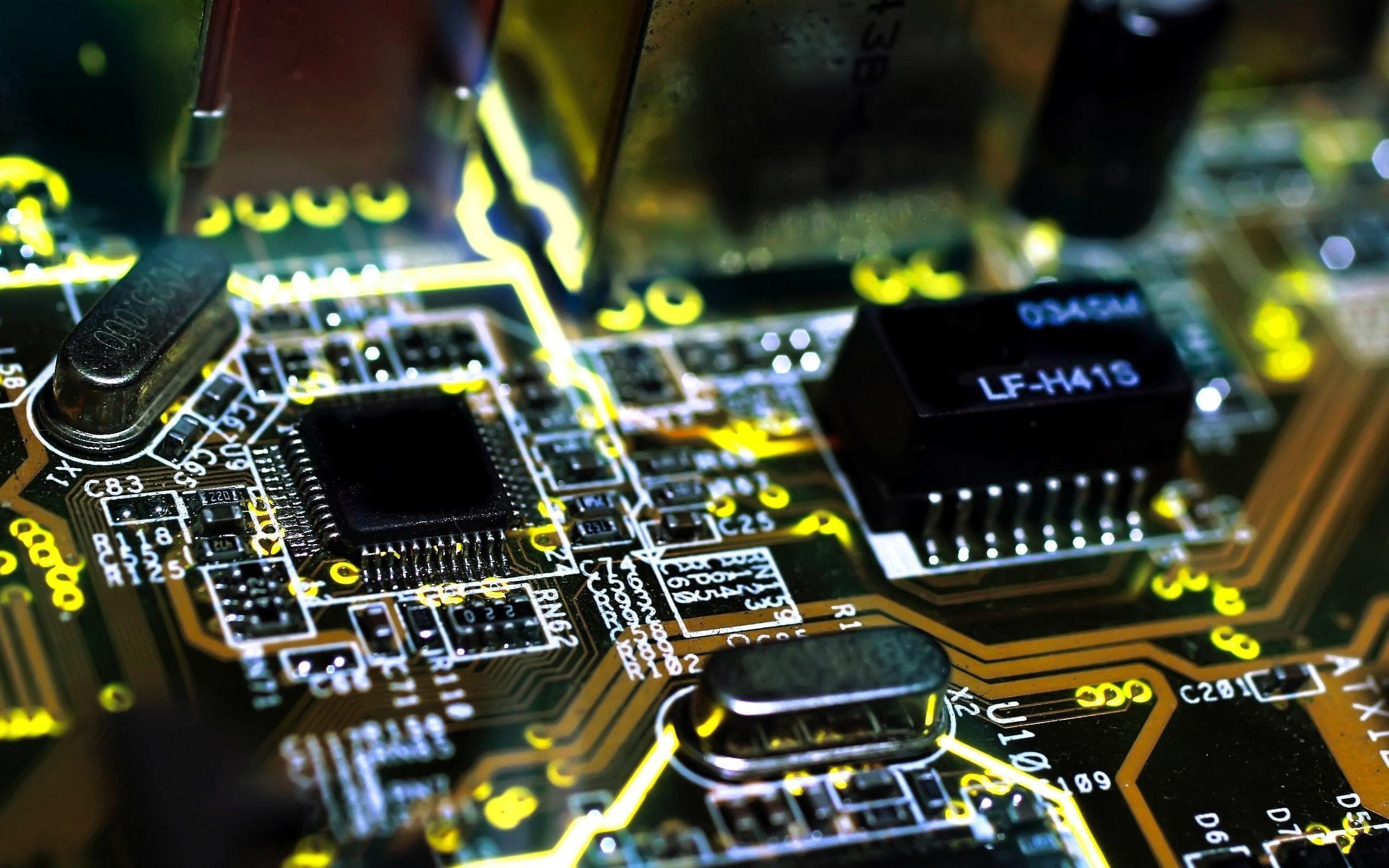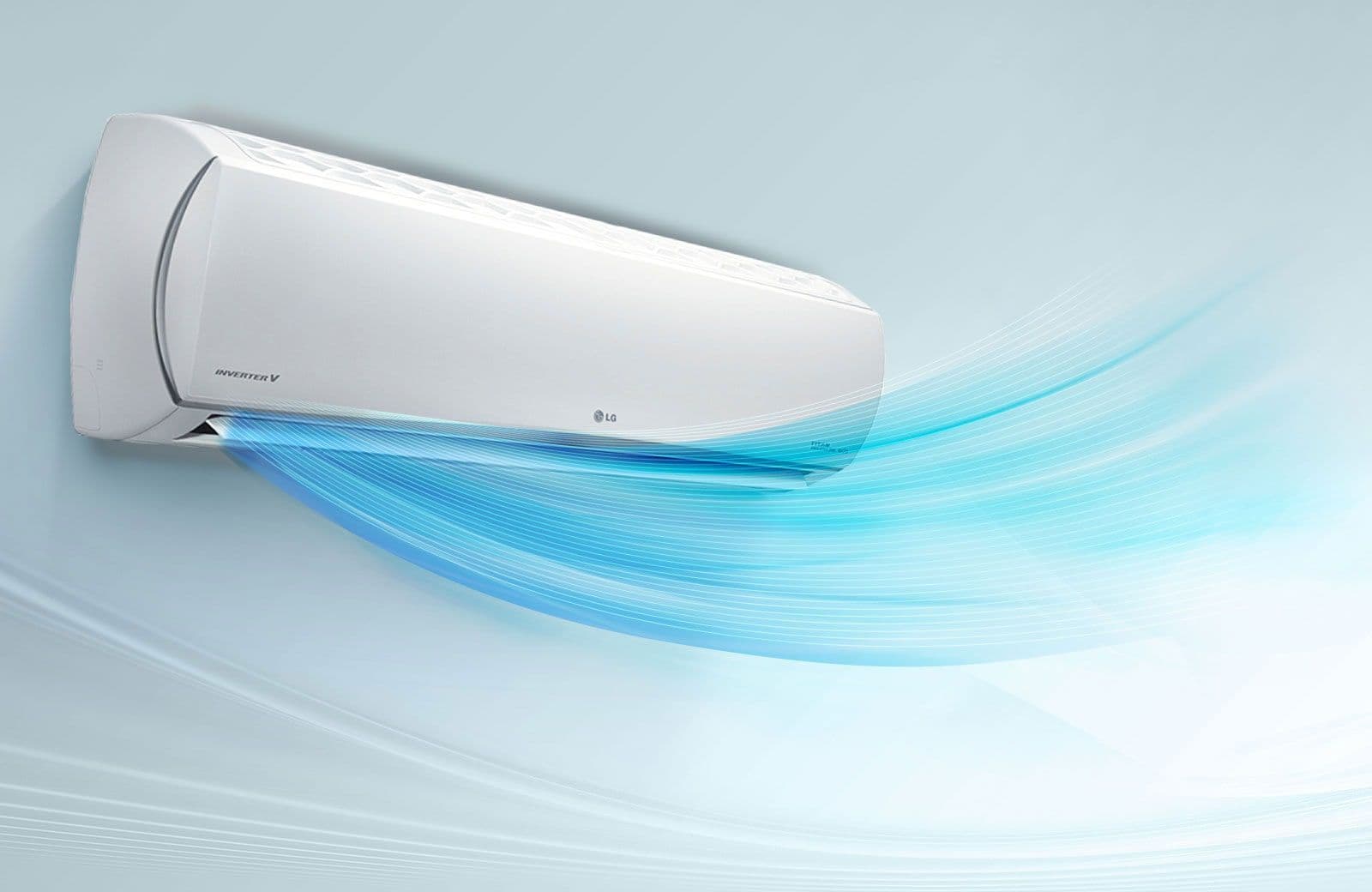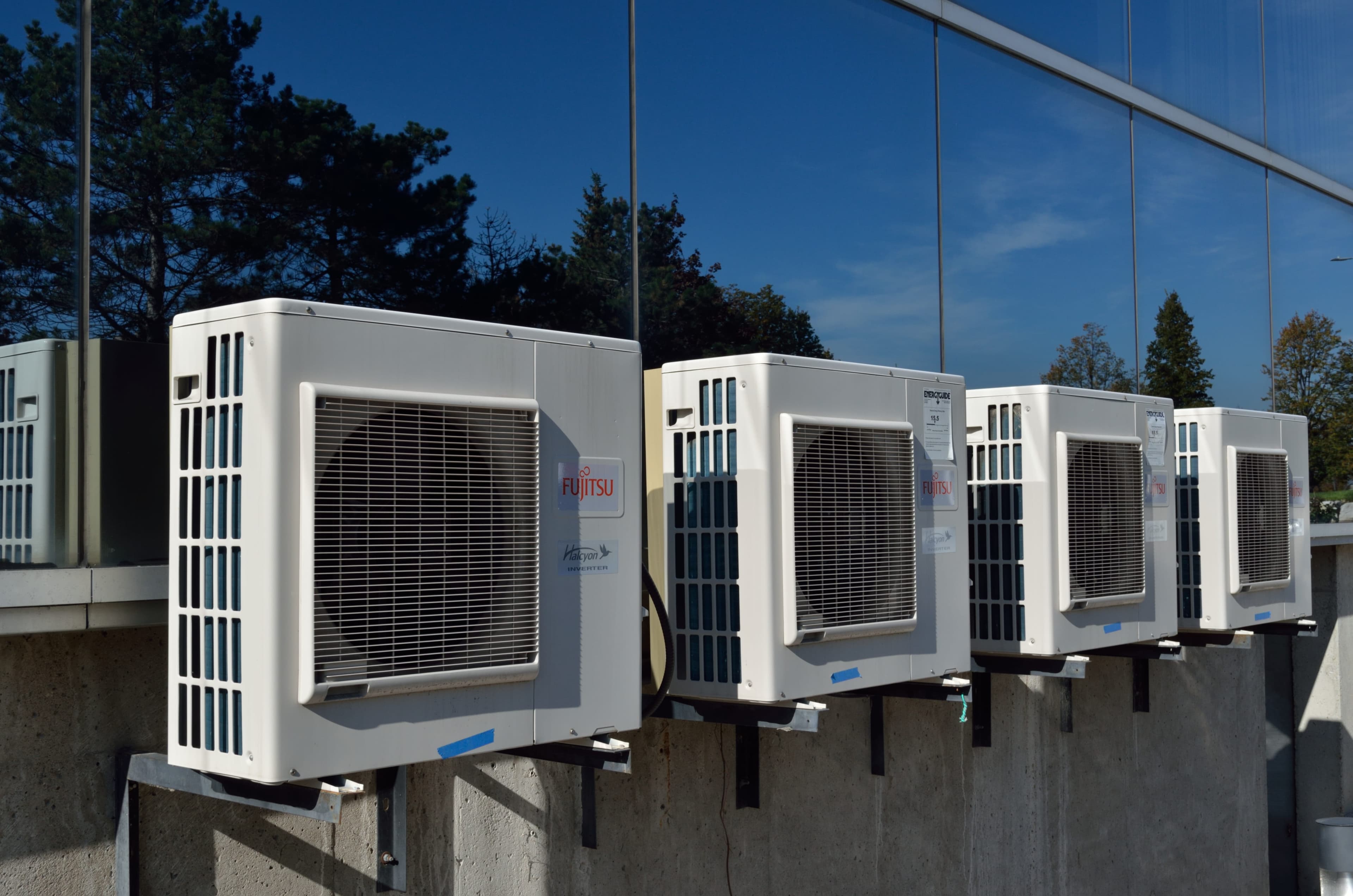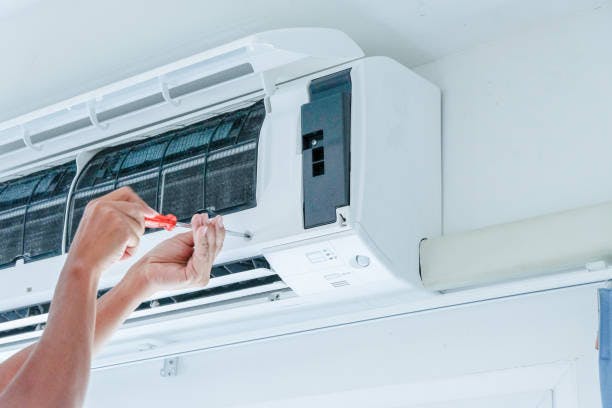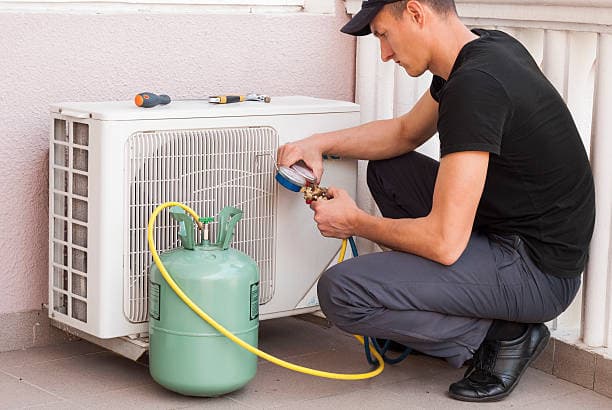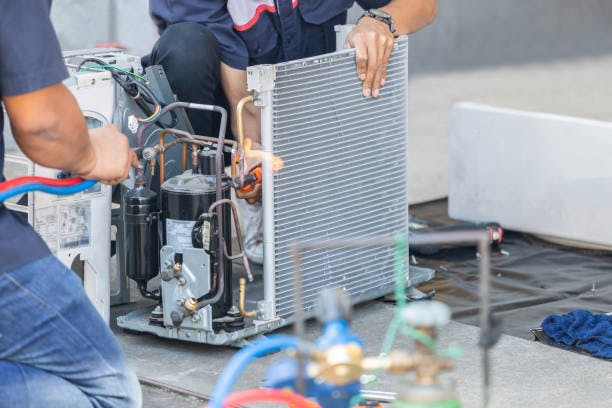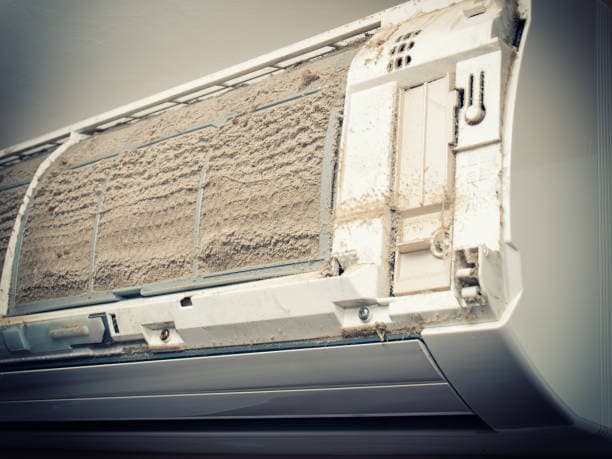An aircon compressor and aircon condenser is often mentioned but mixed up with each other. Both of the components are important for the cooling process, with each of them having distinct functions and operating in different ways. Thus, it is crucial to understand the distinctions between the two can help you in appreciating and valuing the intricacies of your aircon system and importance of regular aircon maintenance.
Aircon Compressor
The aircon compressor is often referred to as the heart of an aircon system. It is the primary component responsible for circulating the refrigerant throughout the system, which is essential for the heat exchange process that ultimately cools your indoor environment.
Refrigerant Compression
The aircon compressor works by compressing low-pressure refrigerant gas from the evaporator into a high-pressure, high-temperature gas. By compressing the refrigerant, the compressor raises its energy level, preparing it for heat exchange in the condenser. This process is essential for achieving efficient cooling performance.
Heat Transfer
Once the refrigerant is compressed, the compressor facilitates the transfer of heat. The high-pressure gas is then sent to the condenser, where it releases the absorbed heat from your indoor space to the outside environment. This process helps cool down the interior of your home or office, making the compressor a vital component in maintaining indoor comfort.
Efficiency and Performance
A well-maintained compressor is essential for the overall performance of your air conditioning system. If the compressor isn’t working efficiently, the cooling performance will suffer, and energy consumption will increase. Regular aircon servicing helps ensure the compressor is running smoothly, which contributes to both energy efficiency and effective cooling.
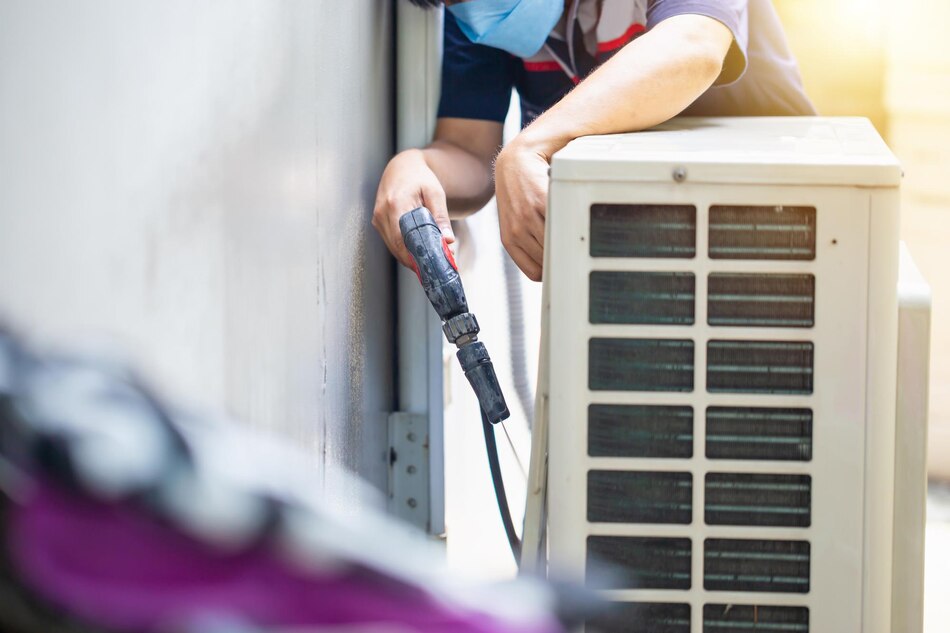
Aircon Condenser
In contrast to the aircon compressor, the aircon condenser is located in the outdoor unit and serves a different purpose. The condenser’s main job is to release the heat absorbed from your indoor environment to the outdoors. This process is critical for the continuous cooling cycle.
Heat Release
When the high-pressure, high-temperature refrigerant gas reaches the condenser, it passes through the condenser coils. As the gas flows through these coils, it releases the absorbed heat to the outside air. A fan in the condenser unit helps facilitate this heat transfer, ensuring that the cooling cycle can continue effectively.
Phase Change
One of the key functions of the condenser is to facilitate the phase change of the refrigerant from a gas to a liquid. This change is crucial because the refrigerant must return to the evaporator in a liquid state in order to absorb heat from the indoor air once again. The condenser plays a vital role in this process by cooling the refrigerant enough for it to transition from a high-pressure gas to a high-pressure liquid.
Cooling Efficiency
The condenser’s effectiveness has a direct impact on the cooling performance of your aircon system. If the condenser is not functioning properly or is dirty, it won’t be able to dissipate heat efficiently. This not only reduces cooling efficiency but also increases the workload on the compressor, which can lead to higher energy consumption and potentially shorten the lifespan of your system. This is why regular aircon servicing, which includes cleaning the condenser, is essential for maintaining optimal performance.
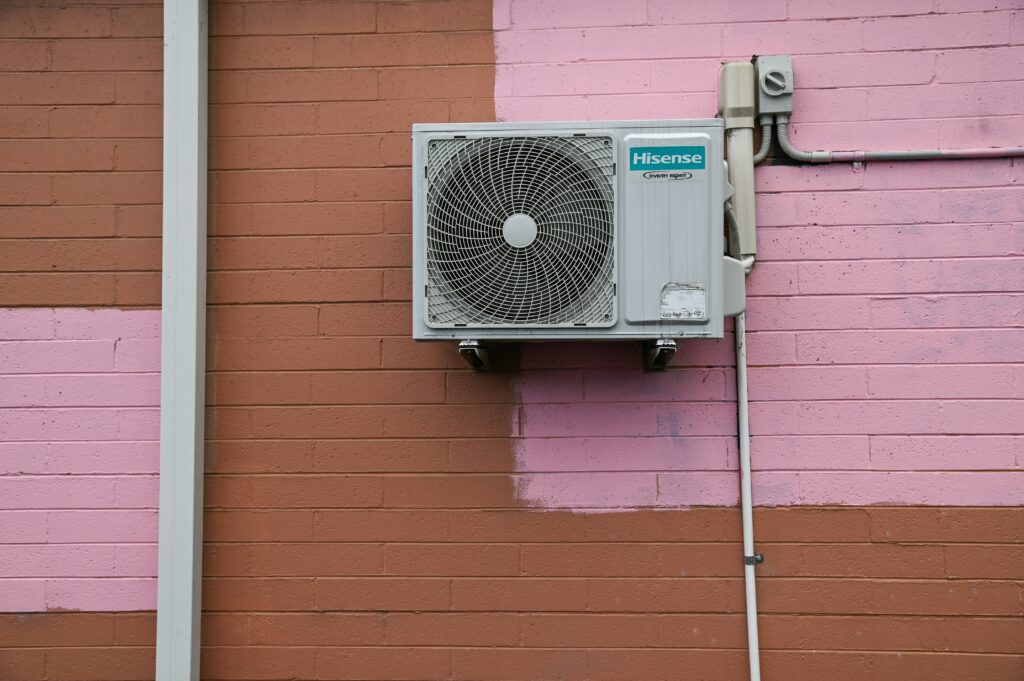
Key Differences Between Aircon Compressor and Condenser
While both the aircon compressor and condenser are integral to the air conditioning process, they have distinct functions and operate in different parts of the system.
| Aircon Compressor | Aircon Condenser | |
| Function | Compresses and circulates the refrigerant. | Dissipates heat and facilitates phase change of refrigerant. |
| Location | Located in both indoor and outdoor units, depending on the system. | Found only in the outdoor unit. |
| Role in Cooling | Initiates the cooling cycle by increasing refrigerant pressure and temperature. | Releases absorbed heat and converts refrigerant back into a liquid state. |
Final Thoughts
Understanding the roles of the aircon compressor and condenser is essential for proper aircon maintenance and efficient cooling. While both components are crucial to the cooling process, they perform distinct tasks: the compressor compresses and circulates refrigerant, while the condenser dissipates heat and facilitates the phase change of the refrigerant.
Regular maintenance of both the compressor and condenser ensures that your air conditioning system functions at its best, providing you with effective cooling, energy efficiency, and a longer system lifespan. Whether you rely on an aircon for personal comfort or business operations, keeping these components in optimal condition is key to enjoying a cool and comfortable environment year-round.
